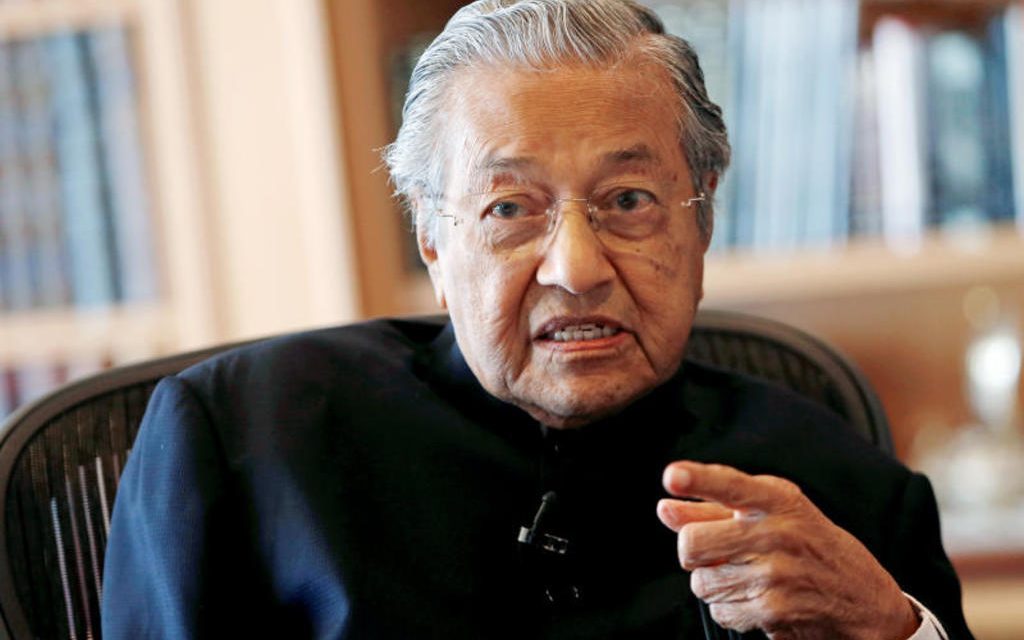29 January 2018
National Anti-Corruption Plan ((NACP) aims to make Malaysia a corrupt-free nation by 2023. When unveiling the plan, on Tuesday, Dr. Mahathir Mohamed said, “The plan is not meant to punish wrongdoings of the past, but to prevent corruption from happening in the future.”
“This plan is a strong statement from the current government that we will track down and prosecute past offenders, while current and future offenders will be facing harsher action,” he added.
The five-year plan was developed by the Governance, Integrity and Anti-Corruption Centre (GIACC) under the Prime Minister’s Department, which was established last year by Mahathir administration.
The plan has 22 strategies and 115 initiatives and it focuses on six main sectors, namely: politics, public procurement, law enforcement, public sector administration, legal and judiciary, and corporate governance. The Sun Daily reported.
The opposition PAS and Umno leaders expressed their support for the plan. The plan would make sweeping changes to the appointment process for key posts, require legislators and ministers to publicly declare their assets, and introduce new laws to regulate political funding and lobbying.
The plan aims to restrict those in power from issuing support letters for any application or projects by requiring their heads of departments not to act on any support letters. The plan aims to disallow judges from taking up positions in corporate entities within three years after they have retired. It is intended to separate the roles and functions of the chief prosecutor and the attorney general, whereby the chief prosecutor will take over the duties and power to prosecute from the AG; and can also call for an inquest to determine the cause and circumstances surrounding a death.
It was political interference in the 1MDB and Felda scandals that made it difficult for the MACC and the Attorney-General’s Chambers in 2015 and 2016 to investigate these agencies.
The plan sets a two-year time frame to redefine electoral spending and the total amount which can be spent for each election and a five-year time frame for transparent delineation process for parliamentary and state constituencies and outlawing the use of assets and government machinery to promote election candidates.
It was noted that there is currently a lack of support for asset declaration and receiving gifts involving ministers and civil servants.
Guidelines will be set out for appointing politicians as chairmen or board of directors in GLCs, and that they must possess the relevant academic and professional qualification. Malay Mail reported.
Governance, Integrity and Anti-Corruption Centre studied the 1MDB case closely to design the new anti-corruption plan, said its director general, Abu Kassim Mohamed. Authorities in Malaysia and the United States allege that Jho Low, a financier with ties to Najib’s family, diverted billions of dollars from 1MDB and that about one billion dollars of it went into Najib’s personal bank accounts. Aljazeera reported.














